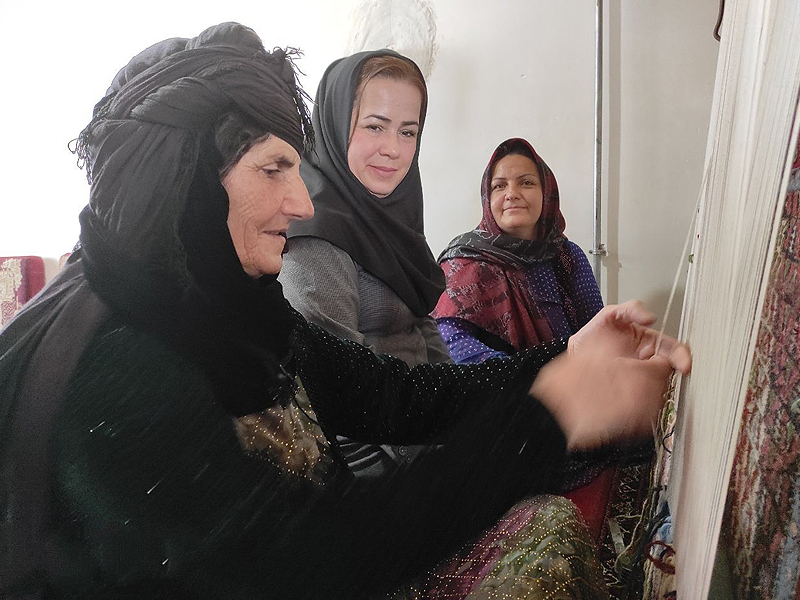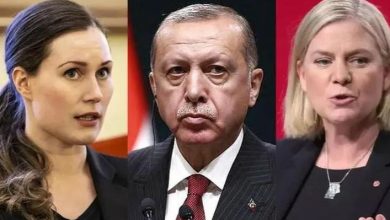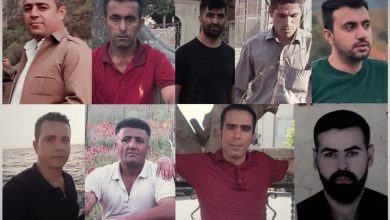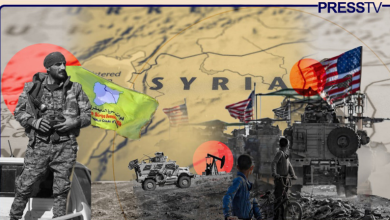In the mountainous villages of Kurdistan, being a woman means running a marathon of suffering and responsibility; from dawn till dusk, in the field and at home, without support, without security. While the United Nations has designated the International Day of Rural Women to honor their efforts, in Iranian Kurdistan, the voices of rural women are still lost in the dust of poverty, insecurity, and extremism.
Dr. Zana Sadeqi
Rural women in Iran’s Kurdish regions play a critical role in securing family livelihoods, small-scale farming, and maintaining social cohesion. Nevertheless, they face a host of deprivations—from lack of access to basic services and land ownership to security risks stemming from the presence of armed groups in border areas. This article attempts to provide a documented approach to the current status of Kurdish rural women from a human rights, health, and security perspective, and proposes practical solutions for the realization of their rights.
October 15th is designated as the “International Day of Rural Women” to highlight the essential role women play in food production, food security, and sustainable development. On this day, the UN and related agencies stress the priority of ensuring rural women’s access to assets, healthcare services, and political participation. This international framework can also serve as a platform for advocating for the status of Kurdish women.
Research and reports by international organizations and civil society bodies indicate that women residing in Iran’s border and rural areas—including Kurdish regions—face significant deficiencies in indices such as access to economic resources, land ownership, healthcare services, and education. These gaps are rooted in chronic regional poverty, insufficient state investment, and cultural-legal obstacles that restrict women’s economic participation and property rights.
The consequences of this unequal structure include:
- Women’s reliance on low-income, informal, and seasonal employment.
- Limited access to healthcare and reproductive services, especially in remote areas.
- Increased vulnerability to domestic and social violence.
- A higher probability of accepting high-risk offers (such as promises of migration or employment) that could lead to exploitation or recruitment by armed groups.
The Impact of Armed Groups and Conflicts on Rural Women
Kurdish border regions have been affected by the activities of Kurdish armed groups and corresponding government security measures. The presence and operations of armed groups, as well as reciprocal security measures, have led to insecurity, displacement, restrictions on movement, and reduced access to services. Both governmental and independent reports repeatedly mention the movements of groups like PJAK/PKK and the ensuing security impacts in these areas. This situation places an additional burden on rural women, who are responsible for both securing family livelihoods and are exposed to direct or indirect security risks.
Key Points:
- The presence of armed groups has, at times, led to the coerced or deceitful recruitment and use of local personnel (in some cases, even minors).
- Military operations and counter-insurgency activities can disrupt access routes to markets and health centers, thus increasing the cost of living.
- Displaced or semi-displaced women are even more exposed to violence and economic exploitation.
Health, Sanitation, and Health Risks in Border Areas and Camps
Limited access to basic healthcare services in villages intersects with inadequate health conditions in certain areas associated with armed groups (camps, temporary shelters, or refuge locations). Scientific evidence and medical publications show that in displaced populations and camps, skin diseases (including fungi, contact eczema, scabies, and bacterial infections), respiratory diseases, and nutritional problems are common. In the absence of safe water, adequate washing facilities, and sanitary services, women—especially pregnant and nursing women—and children are the most vulnerable groups.
A Specific Policy Implication: Basic hygiene (including handwashing, reproductive health, vaccination, and child care) must be provided simultaneously in emergency and development responses to mitigate long-term public health risks.
Specific Vulnerabilities: Early Marriage, Lack of Ownership, and Gender-Based Violence
In many rural communities, women face issues such as early marriage, deprivation of land ownership, and legal and customary discrimination that undermines their economic and social empowerment. A lack of economic and social power limits women’s options to counter violence or leave unsafe situations, making them more vulnerable to deceptions that lead to unsafe migration or joining dangerous movements. Human rights organizations’ reports and UN documents have highlighted these gaps.
Structural and Regional Examples (Contextualizing Without Revealing Identity)
Some local institutions and regional human rights networks have reported cases where the recruitment of adolescents from rural areas, health problems in camps, and economic pressure have led individuals and families to make risky choices. This includes reports from regional human rights networks in recent years, which have emphasized a combination of poverty, migration promises, and security pressures as driving factors. These reports provide the necessary foundation for support measures and further investigation.
Legal Documentation: Violations of International Rights and Obligations
Iran, like other states, is bound by a set of international obligations concerning human rights and economic-social rights, which include access to health services, protection against gender-based violence, and support for property and labor rights. The lack of targeted policies for border areas and insufficient attention to gender in development planning can be considered an instance of the government neglecting its obligations towards vulnerable groups. International body documents call for data-driven policies and strengthening the capacity of civil society organizations for monitoring and support.
Policy and Practical Recommendations (For the Government, Civil Society, and International Bodies)
Based on evidence and human rights principles, the Iranian Kurdistan Human Rights Watch offers the following suggestions to improve the situation of Kurdish rural women:
1. Strengthen Access to Basic Services Prioritize targeted rural health programs, including reproductive health, vaccination, and access to safe water and handwashing facilities. (Immediate action in cooperation with the Ministry of Health and international bodies).
2. Economic and Property Empowerment Design agricultural and credit policies that enable rural women to own or gain the right to utilize land and access micro-loans. Implement vocational training programs to increase women’s income generation.
3. Protection Against Recruitment and Exploitation Local prevention programs should be implemented, including awareness training for adolescents and parents about recruitment tactics, and the creation of safe and legal pathways for economic migration. International bodies can support the capacity building of local civil society organizations.
4. Independent Monitoring and Documentation Establishing independent mechanisms to monitor human rights violations in border areas and publishing regular reports at national and international levels is essential to attract the attention of international bodies and relevant governments. Regional human rights networks can play a key role.
5. Humanitarian Response to Health Crises In response to human gatherings or camps, immediate health protocols (identification, treatment of skin and contagious diseases, improvement of water capacity and sewage disposal) must be implemented to reduce the burden of preventable diseases.
Demands and Call for Action for International Actors
The Iranian Kurdistan Human Rights Watch urges international organizations (including the Office of the High Commissioner for Human Rights, UN Women, regional health organizations, and development agencies) to:
- Allocate technical and financial assistance to projects for job creation and improved health for rural women in border areas.
- Maintain diplomatic pressure and constructive dialogue to ensure impartial access to aid.
- Utilize the capacities of local civil society to design programs and monitor implementation.
The International Day of Rural Women is a reminder that achieving gender equality and sustainable development will not be possible without special attention to the status of rural women—especially women in border areas and Kurdish regions. The combination of structural poverty, lack of health services, and volatile security makes Kurdish rural women particularly vulnerable to legal, physical, and economic risks. Effective action requires cross-sectoral programs: from economic well-being and ownership to health, education, and protection against recruitment and violence. The Iranian Kurdistan Human Rights Watch presents this article as a starting point for practical local programs and international advocacy.
Selected Sources and References
- International Day of Rural Women — UN observances. United Nations
- In Focus: International Day of Rural Women (theme & call to action). UN Women
- UN Documentation
- UK Government — Country Policy and Information Note: Kurds and Kurdish political groups (Regional considerations and group activities). GOV.UK
- Medical studies and regional health bulletins on skin diseases and health status in camps (Review articles and EWARN). PMC+1






